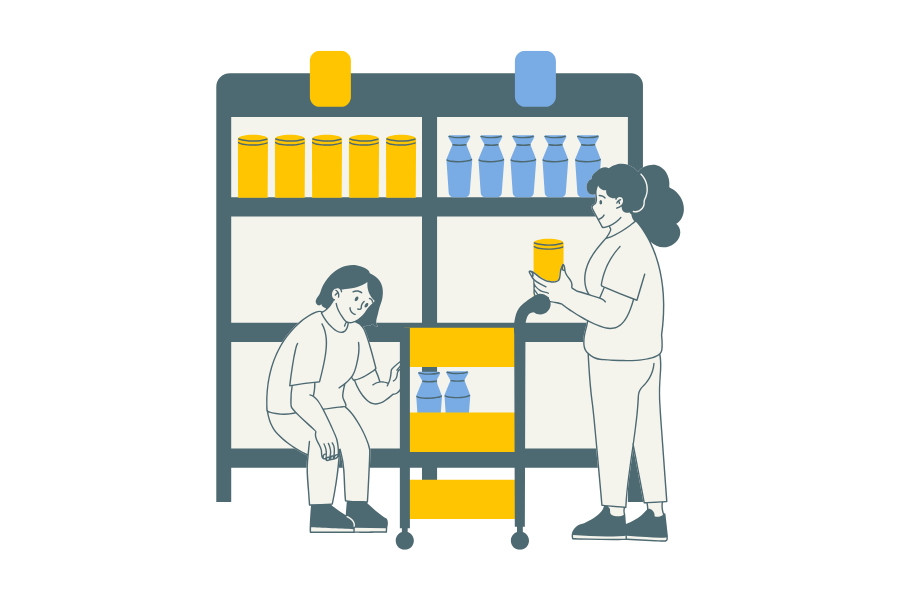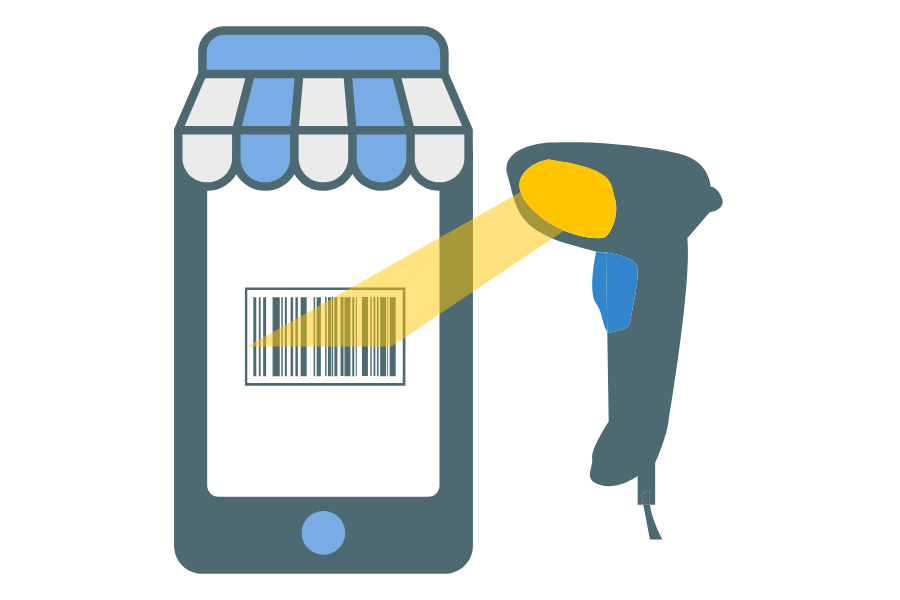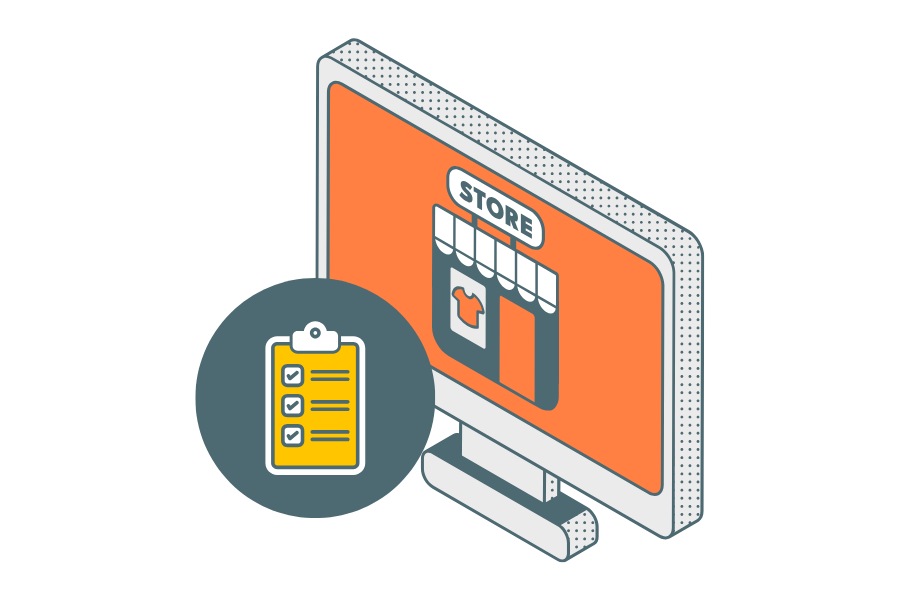 What is Cost Of Goods Sold (COGS)?
What is Cost Of Goods Sold (COGS)?
Cost Of Goods Sold (COGS) in the UK refers to the direct expenses incurred in producing or acquiring goods that are sold by a company. It includes the cost of materials, direct labour, and other directly attributable costs associated with the production or purchase of goods that are sold during a specific period. COGS is an important financial metric used to calculate the gross profit of a company.
The specific cost of goods sold can vary greatly depending on the industry, business model, and the nature of the goods being sold. It is not possible to provide an exact figure for the overall cost of goods sold in the UK, as it would require comprehensive data across all industries and companies.
If you are looking for specific information regarding the cost of goods sold for a particular industry or company in the UK, it would be best to consult financial statements, annual reports, or industry-specific sources for accurate and up-to-date information.
COGS is an essential component in calculating the gross profit of a company. It is deducted from the revenue generated by the sale of goods to determine the gross profit margin. The formula for calculating COGS is as follows:
COGS = Opening Inventory + Purchases + Direct Labor + Direct Expenses – Closing Inventory
Here’s a breakdown of each component:
- Opening Inventory: The value of inventory at the beginning of the accounting period.
- Purchases: The cost of additional inventory purchased or manufactured during the accounting period.
- Direct Labour: The cost of labour directly involved in producing the goods. This includes wages, benefits, and payroll taxes for employees directly engaged in manufacturing or assembling the products.
- Direct Expenses: Other costs directly associated with production, such as factory overhead, utilities, or raw material handling costs.
- Closing Inventory: The value of inventory remaining at the end of the accounting period.
By subtracting the closing inventory from the sum of the opening inventory, purchases, direct labour, and direct expenses, a company can determine the cost of goods that were sold during that specific period.
It’s important to note that COGS is distinct from operating expenses (such as marketing, rent, salaries of non-production staff, etc.), which are incurred outside the production or acquisition of goods.
To find out more about our services or to book a consultation, feel free to visit our website or reach out to us on here.
Produced by ChatGPT, overseen by a human at Counto







